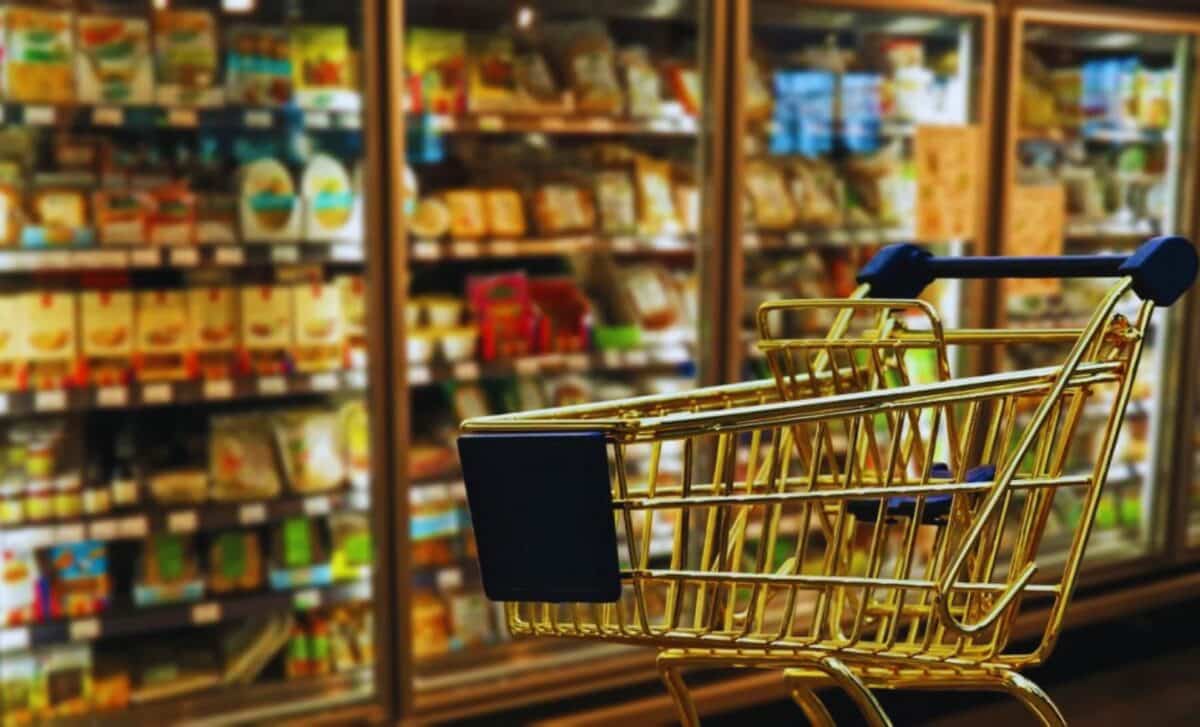A new multibillion-pound green levy is set to drive up supermarket prices, adding an estimated 18p per item in some cases. The extended producer responsibility (EPR) tax, designed to make companies pay more for packaging waste, is causing concern among retailers and manufacturers, who warn it will lead to higher costs for consumers.
What Is the Extended Producer Responsibility (EPR) Tax?
EPR is a new government levy aimed at making businesses responsible for the full cost of recycling their packaging. Unlike previous waste management policies, which spread the cost across local councils and taxpayers, EPR shifts the financial burden directly onto producers.
Supermarket bosses and food industry leaders say the new charge could significantly inflate grocery prices, with the Food and Drink Federation estimating that EPR will add:
- 12p to a bottle of wine
- 6p to a bottle of beer
- 18p per bottle of spirits
This increase will affect both retailers and consumers, leading to higher checkout bills.
Industry backlash: “A tax that penalizes the wrong materials”
Business leaders are calling EPR an inflationary headache. Fentimans owner Robson warns that the tax will cost his company much more than the recent National Insurance (NI) rise, stating:
“EPR is based on volume. The NI is based on the number of employees. We sell our products in glass bottles and don’t know our exact sales, but I do know that our bill for EPR is going to be much, much higher than National Insurance.“
Some industry figures argue that the policy creates “perverse incentives”, as it penalizes heavier materials like glass and paper while favoring plastic packaging. One executive told The Telegraph:
“As it is largely levied on weight, it disproportionately penalises glass and paper and incentivises plastic which is not what anybody would have intended.”
Additionally, companies say the tax adds a complex new regulatory burden, requiring businesses to track and report the exact weight of every item they sell.
Retailers warn of widespread price hikes
Supermarket chains and retailers predict that EPR will push up the cost of essential food and drink items, with some warning that the policy is essentially a hidden tax on consumers.
Stuart Machin, CEO of Marks & Spencer, claims the levy could increase retailers’ tax bills by up to 20 times, with £2 billion going straight to the Treasury rather than funding recycling improvements.
Andrew Opie of the British Retail Consortium (BRC) warns that food inflation could hit 5% by the end of the year, with EPR being a key factor alongside National Insurance increases and minimum wage rises.









